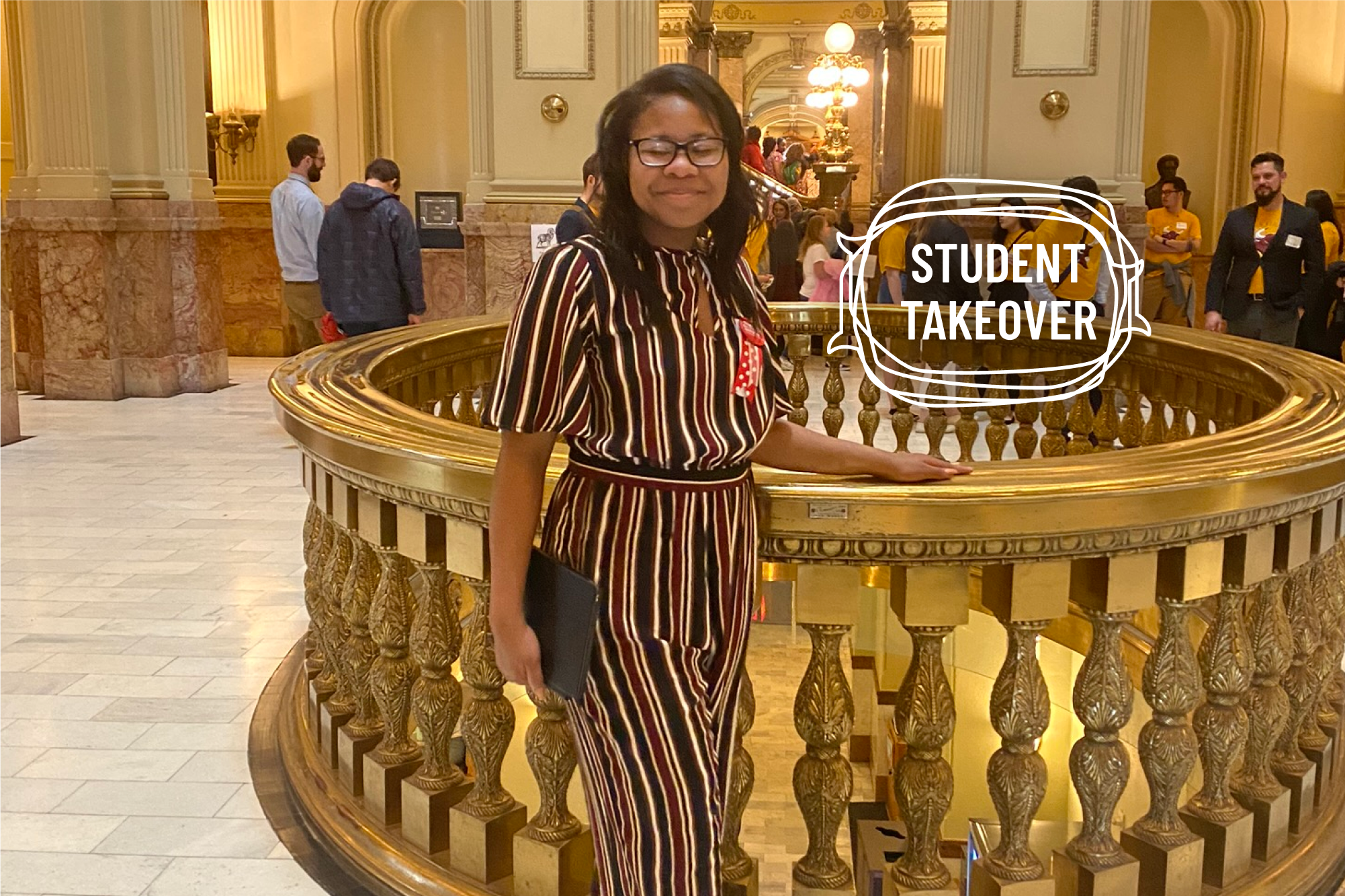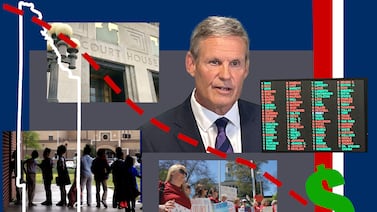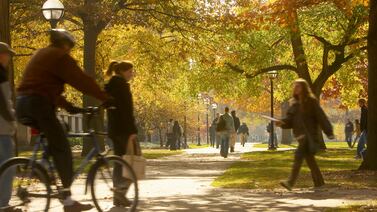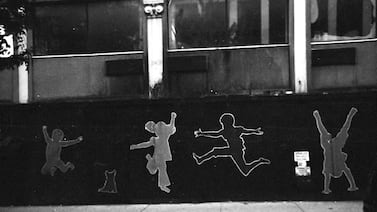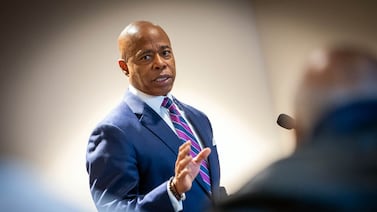This personal essay is part of the Chalkbeat Student Takeover: a weeklong project meant to elevate the voices of students at this pivotal moment in America. Read more from the takeover here.
It’s taken me some time to realize the true nature of race in America and the childhood that I had, even if that sad truth had always been there. See, children like me don’t get the opportunity to be naive. We aren’t granted the luxury of seeing police officers as “superheroes.” At age 6, we watch our fathers get riddled with bullets, and by age 12, we’re the ones getting shot. We find our brothers and sisters dead in lakes, without their organs and without justice for their killings. Even when it doesn’t happen to us personally, we bear a collective burden.
White children aren’t forgotten. They don’t have to chant that their lives matter because we already know they do. They’re taught that Martin Luther King Jr. somehow ended white supremacy even though it’s the very thing that killed him. So who’s going to tell the Black child in the back that we can’t be certain their fate won’t be similar to what it would have been 60 years ago? Black children have to learn these truths by age 8, or even earlier.
For you, my white peers, breathing is easy. George Floyd may be a metaphor to them, but he’s my truth. His killing is the embodiment of the worst parts of our society.
Hate is bred, internalized, and passed on. White supremacy continues to reign because the systems that uphold it do as well. We live in a society so rife with supremacy that the white majority convinces itself that its systems benefit Black Americans, but in reality those systems prevent the Black community from receiving quality education and create gaps in socioeconomic status that then create disparities in jobs, housing, and health care. De-internalizing white supremacy isn’t as simple as rejecting racism — white people must take the power that racism grants them and use it to challenge the status quo. And performative advocacy gestures like #BlackOutTuesday won’t achieve real change or do any good for the next Black man suffocated by the system, especially when your social post the next day is a photo of your morning coffee. Your likes don’t translate into policy.
I’m 16 years old, but I don’t have time to invest in listing out hopes for the future without seeing results now. I can’t afford wishes; I need demands. I don’t want prayers; I want realizations. I don’t even know that I have another eight minutes and 46 seconds to give because Black people have already given centuries, so forgive me for choosing allies over friends and progress over anticipation. I want laws passed and lives prioritized over feelings. Riots may scare you, but living terrifies me. I want non-white history taught in schools. I want black teachers and an increase in funding for mental health and rehabilitation. I need on-site counselors at all times. I need to know that there’s justice outside of court. I need to know that Black lives matter.
Jayla Hemphill, 16, is a rising senior at Northfield High School in Denver.


